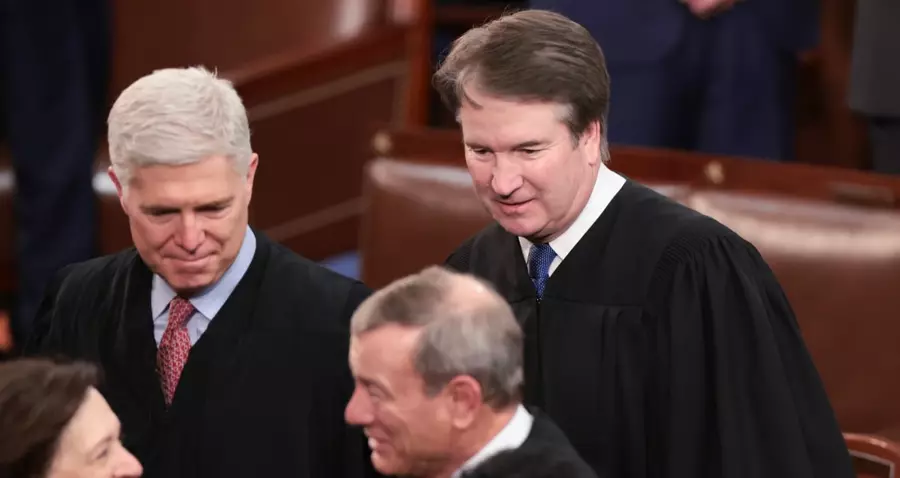The U.S. Supreme Court recently rejected a writ petition from two rival gaming companies, West Flagler Associates and Bonita-Fort Myers Corporation, which sought to declare unconstitutional an agreement between the Seminole Tribe of Florida and Governor Ron DeSantis granting the tribe exclusive authority to operate casino gambling and mobile sports wagering in Florida. U.S. Supreme Court Justice Brett Kavanaugh voted in favor of approving the petition, but his lone vote was insufficient for the court to take up the case. The compact remains in place for now.
The Seminole Tribe of Florida was able to continue taking online bets after an appeals court overturned a previous court’s ruling that the compact violated the Indian Gaming Regulatory Act, according to Newsweek. West Flager and Bonita-Myers filed a lawsuit against Interior Secretary Deb Haaland, who oversees tribal gaming, claiming that internet wagers were only being made to servers located on reservations and that no betting was occurring on tribal land.
In response to the Supreme Court’s decision, Gary Bitner, a spokesperson for the tribe, told the Sun Sentinel, “It means members of the Seminole Tribe of Florida and all Floridians can count on a bright future made possible by the Compact.” In 2021, DeSantis approved legislation that resulted in the largest gaming compact ever.
The state’s gambling contract is set aside in the compact for property purchases, wildlife preservation, and waterway protection, totaling hundreds of millions of dollars. Since the tribe opened for business last year, over $120 million has been made in revenue for Florida from online sports betting. The competing businesses argued that the compact provided the tribe with a monopoly on sports betting and established a “backdoor” route around the state Constitution, which was changed in 2018 to demand a citizens’ initiative before expanding casino gaming beyond tribal territory.
The Supreme Court has been busy recently, ruling last week that when authorities seize cars and other property used in drug crimes, even when the property belongs to so-called innocent owners, they are not required to hold a prompt hearing. The justices voted 6-3 to reject the claims of two Alabama women who had to wait more than a year for the return of their cars.
For the conservative majority, Justice Kavanaugh wrote that a civil forfeiture hearing to ascertain if an owner will lose the property permanently must take place on time. However, he added, the Constitution does not also call for a different hearing to determine whether police may temporarily retain cars or other property. Justice Sonia Sotomayor wrote in a dissent for the liberal members of the court that since police departments frequently have a financial incentive to retain the property, civil forfeiture is “vulnerable to abuse.




